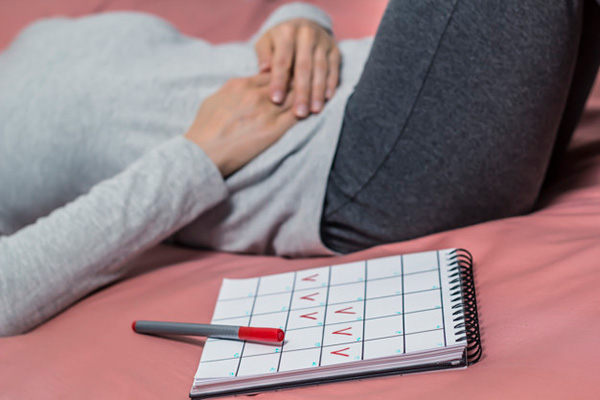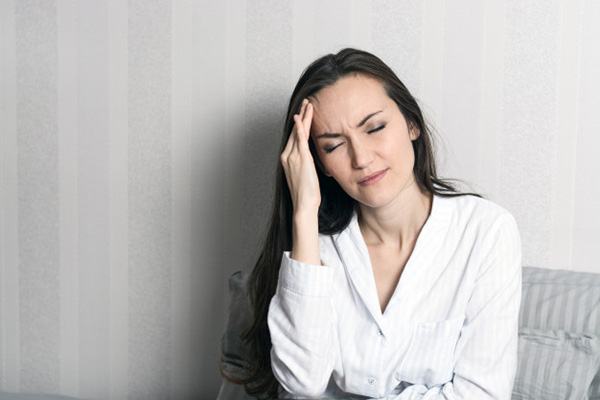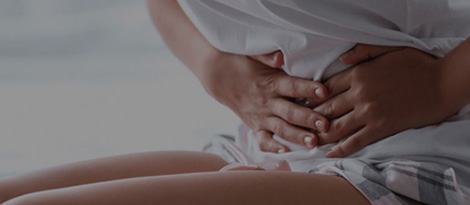PMS- Pre menstrual Syndrome
You probably get some signs that your period is coming. For most women, it’s no big deal -- maybe tender breasts or a taste for sweets. But for others, the days before their period are harder. If it messes with your daily life, you might have premenstrual Syndrome (PMS)
Your period is a natural part of your life. And you can do anything you would do any other time of the month. If PMS is a problem for you, there are ways to manage it.
PMS is a group of changes that can affect you on many levels. They can be physical, emotional, or behavioral. The changes come 1 to 2 weeks before your period. Once your period starts, they go away.



Symptoms
- Most women have at least one sign of PMS every month. But it’s not the same for everyone. It can change as you get older. It can be hard to know if you just have a few symptoms before your period, or if it’s really PMS. Another way to know is if you have symptoms 5 days before your period, for 3 months in a row.
- Women with PMS deal with it in lots of ways. You can make changes to improve your diet, sleep and exercise. You can also learn ways to relax their mind and body. If what you try doesn’t seem to work, you can talk to your doctor.
Physical signs
Bloated tummy
Cramps
Tender breasts
Hunger
Headache
Muscle aches
Joint pain
Swollen hands and feet
Pimples
Weight gain
Constipation or diarrhea
Behavioral signs
Forget things
Loss of mental focus
Tired
Girls and women who still get their period can get PMS. But it’s most common in women who:
Are in their late 20s to early 40s.
Have had a child.
Have family members with depression
Had baby blues (postpartum depression), depression or bipolar disorder
Emotional signs
Tense or anxious
Depressed
Crying
Mood swings
Can’t sleep
Don’t want to be with people
Feel overwhelmed or out of control
Angry outbursts
Causes
Even though PMS is common, doctors don’t know exactly what causes it. It probably has to do with the changes in your body chemistry around the time of your period.
Some conditions affect PMS, but don’t cause it. PMS can start, or can get worse if you:
Smoke and take lot of stress
Don’t exercise
Don’t sleep enough
Drink too much alcohol or eat too much salt, red meat, or sugar
Women with other health problems may find that those problems get worse before their period. Some of those are migraine headaches, asthma and allergies.
What You Can Do
Exercise about 30 minutes a day.
Eat healthy foods like whole grains, fruits, and vegetables.
Try to get enough calcium from food (think dairy, green leafy vegetables, and canned salmon).
Avoid salt, caffeine and alcohol.
Don’t smoke.
Get plenty of sleep.
Don’t take stress.
Track your moods and symptoms in a journal.


